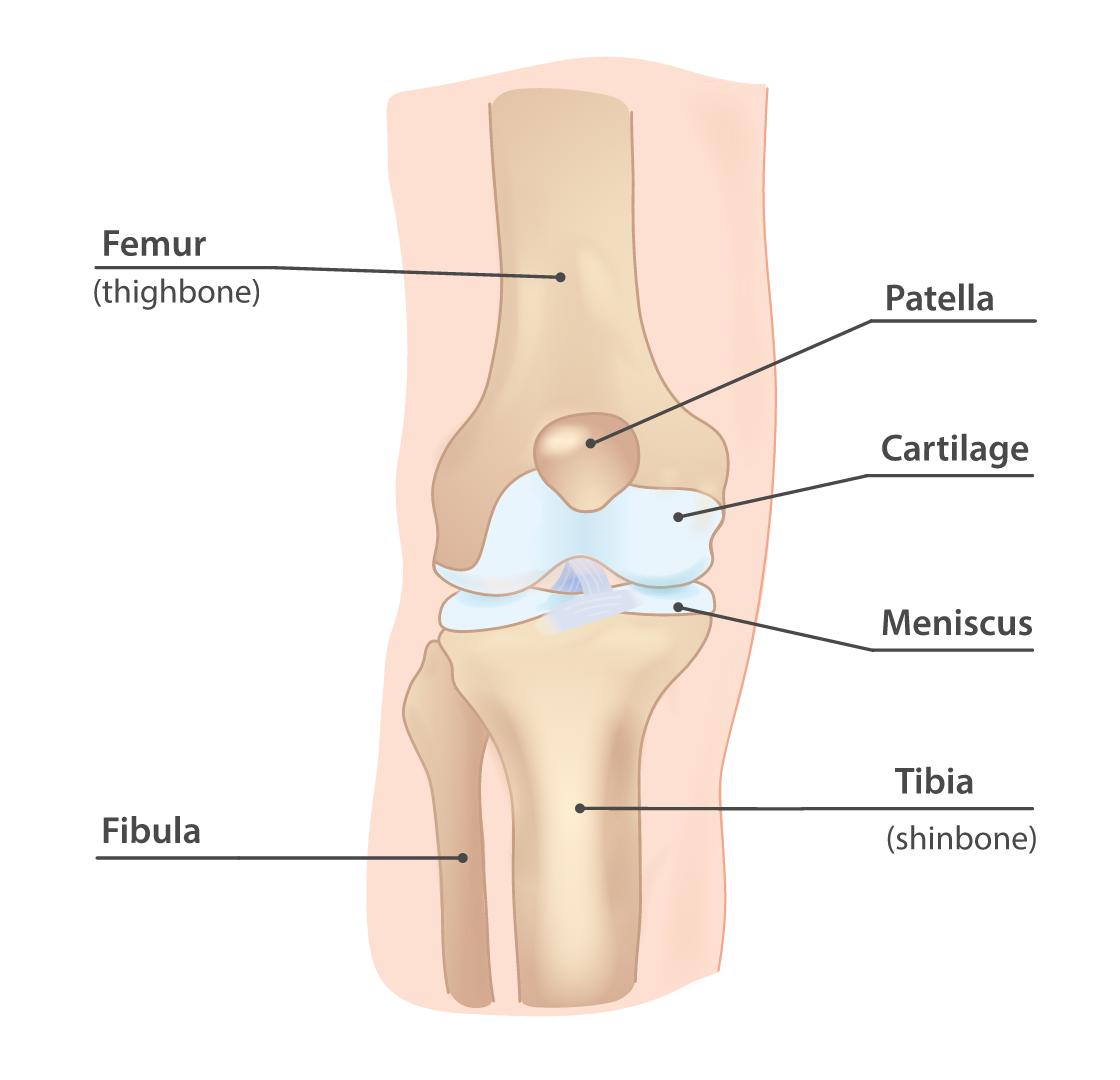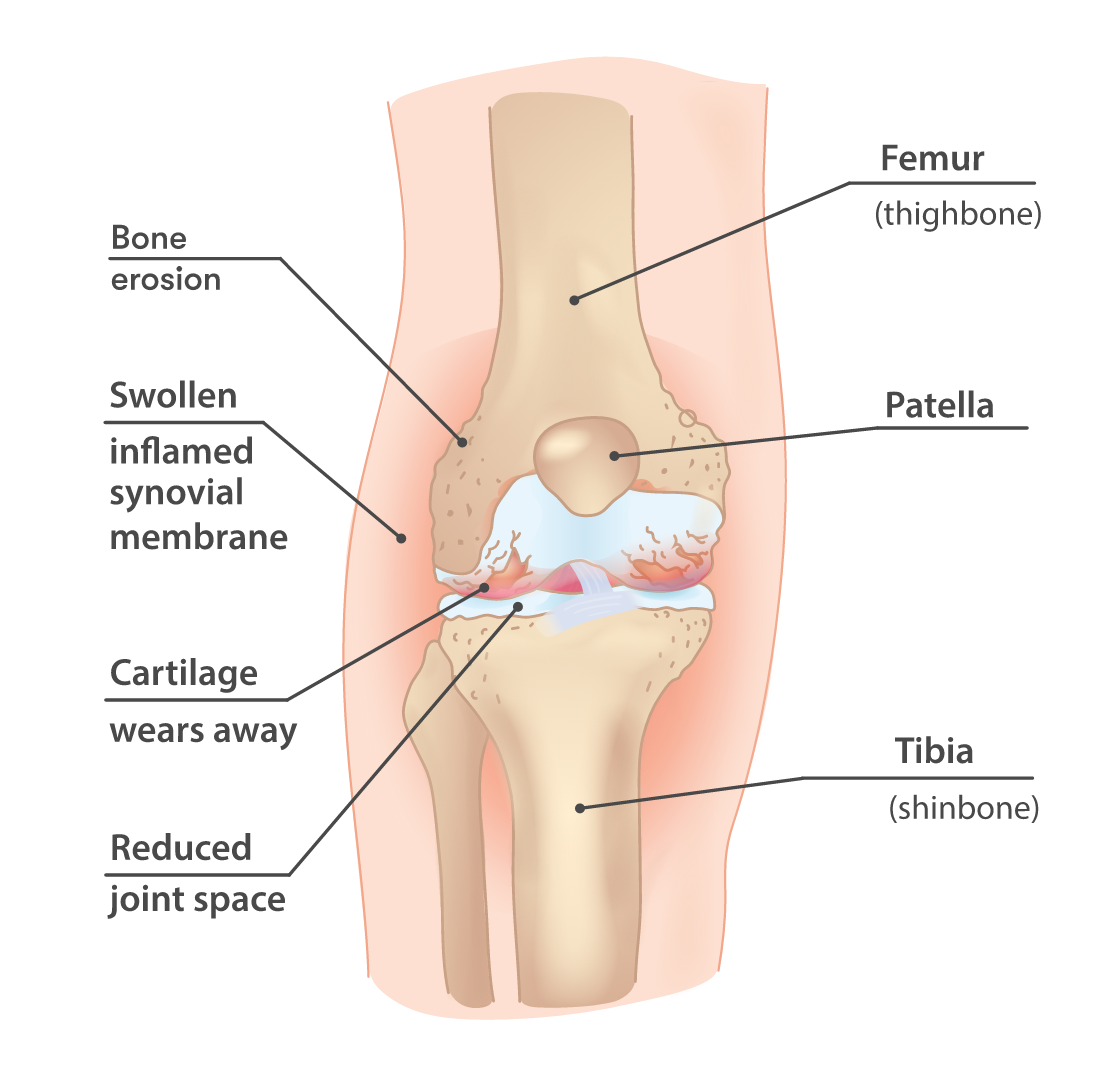Knee pain at night can take its toll on your quality of sleep and subsequently your quality of life. Lack of sleep can make the pain seem worse, which in turn makes it even harder to get a good night’s sleep. And that may quickly turn into a vicious circle.
At Injurymap we wish to help relieve pain in the knee during the night by giving you an overview of the different causes and what to do if you experience knee pain.
Knee pain is very common. People of all ages and at all levels of physical activity will be afflicted by it at some point for a shorter or longer period.
However, it is most common for people over the age of 50, since the knee is subject to a considerable amount of wear and tear over the course of a life.
The knee joint is one of the most complex joints in the human body, since it is where the femur (thighbone), patellar (kneecap), fibula and tibia (the two bones in your lover leg). On top of that, the knee consists of four ligaments, two menisci, several tendons, and cartilage.
This makes the knee susceptible to many types of injuries which – just like autoimmune and joint diseases in the knee – can make it difficult to keep up with daily activities.
Related content
What causes knee pain at night?
There are several causes to nightly knee pain, many of which can be treated with exercise, pain-relieving habits, and over-the-counter pain medication.
Knowing the cause of the pain makes it easier to determine the best way to treat and relieve the pain. Here are the most common causes. You may also find relevant information in these articles about Osteoarthritis of the knee, Jumper’s knee and 10 Common Sources of Knee Pain

1. Arthritis
Osteoarthritis is the most common cause of knee pain at night among people over the age of 50. In fact, when examining the knee with radiography, up to 70 percent of people with chronic knee pain will show evidence of osteoarthritis, according to research published in British Medical Journal.
Osteoarthritis is a degenerative joint disorder, which means that cartilage is worn down. When the cartilage is gone, the bare bones rub against each other, which can be very painful. Osteoarthritis is chronic and cannot be healed completely, though it is possible to slow down the degeneration.



